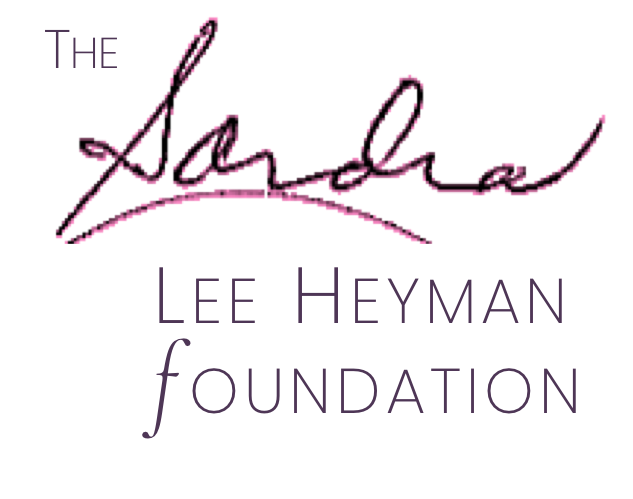Biochemist Offers Insights into Increasingly Interdisciplinary STEM Careers
“So much in STEM requires an interdisciplinary approach. In today's world, when we're trying to solve big and complex problems, it really takes a village, and it takes a lot of different kind of expertise and knowledge, and it takes a lot of people working together to solve these problems.”
That’s how Dr. Sheng Lin-Gibson, a federal manager specializing in biotechnology who oversees research teams working on health, industrial, agricultural, and other bio applications characterized her field in a recent discussion with Sandra Lee Heyman STEM Career Awareness fellows.
“Much of today’s leading edge research involves the convergence of multiple disciplines, so it's no longer practical for researchers to stay in a very focused discipline.” Lin-Gibson added. She described exciting prospects in her field, including tackling previously untreatable diseases, the use of microbe for carbon capturing, and ways to leverage artificial intelligence to accelerate biotechnology innovations – along with finding ways to safeguard the use of AI to create novel biological agents harmful to the society.
When she was growing up, Lin-Gibson wasn’t certain what she wanted to do. She confessed that “I didn't know a lot about STEM, but I thought that being a medical doctor seemed like a really great career choice.” That is, until she got to college when “I realized that I actually could not stand the sight of blood.” That helped move her toward chemistry, which also included a major focus on the intersection of chemistry with biology and related sub-fields.
Like many other guests who have spoken with the fellows, Lin-Gibson extolled the value of internships. Even so, while STEM-related internships can be a plus, they are not necessarily a “must,” she told the students, especially in high school, when she worked at a fast-food restaurant.
An on campus internship that she started in her college sophomore year ignited her passion for research. “But it wasn't until I was presented with a lot of different opportunities that I realized I was really passionate about biotechnology,” said Lin-Gibson. That included an internship with IBM between her undergraduate and graduate studies.
Still, she wasn’t certain about exactly what path to follow. “My only work experience was in industry, so I always thought I would have gotten a job at IBM’s research center in New York or another company’s corporate research center upon completing my dissertation,” Lin-Gibson said. It was only when her husband decided that he wanted to move to the Washington, DC, area that she discovered opportunities in her field in the federal government.
After earning a BS in Biochemistry, a BA in Chemistry, and a PhD in Polymer Chemistry – all at Virginia Tech – Lin-Gibson applied for and was selected for a National Research Council Fellowship at the National Institute of Standards and Technology (NIST) in 2001, where she now serves as Chief of the Biosystems and Biomaterials Division.
With cross-disciplinary work being so critical now, Lin-Gibson emphasized the importance of teamwork to the fellows. Today’s challenges usually require a team, but each person has very specific roles and responsibilities. And how best to populate those teams? “I look for fearless people that are willing to learn. But no one can learn everything. From a technical perspective, the most important thing at the end of the day is a strong STEM foundation and a willingness to learn,” Lin-Gibson stressed. She also cited reasoning, analytical problem solving, organization and communications as important skills.
And if a student doesn’t yet know what they want to do, Lin-Gibson offered this advice: “Keep your eyes open because there are so many opportunities. First find something you love…and then you're allowed to change.”
The Sandra Lee Heyman Foundation is a 501(c)(3) nonprofit organization established in memory of Sandra Lee Heyman, a long-time mathematics teacher at the elementary, middle school, high school, and community college levels. The 18-month long Fellowship is aimed at promising high school students who have the opportunity to meet with STEM leaders, visit prominent institutions in the Washington, D.C., area, and access peers and mentors to support career exploration in STEM fields. There are multiple ways to support the Fellowship program, and donations to the Foundation are tax deductible.
